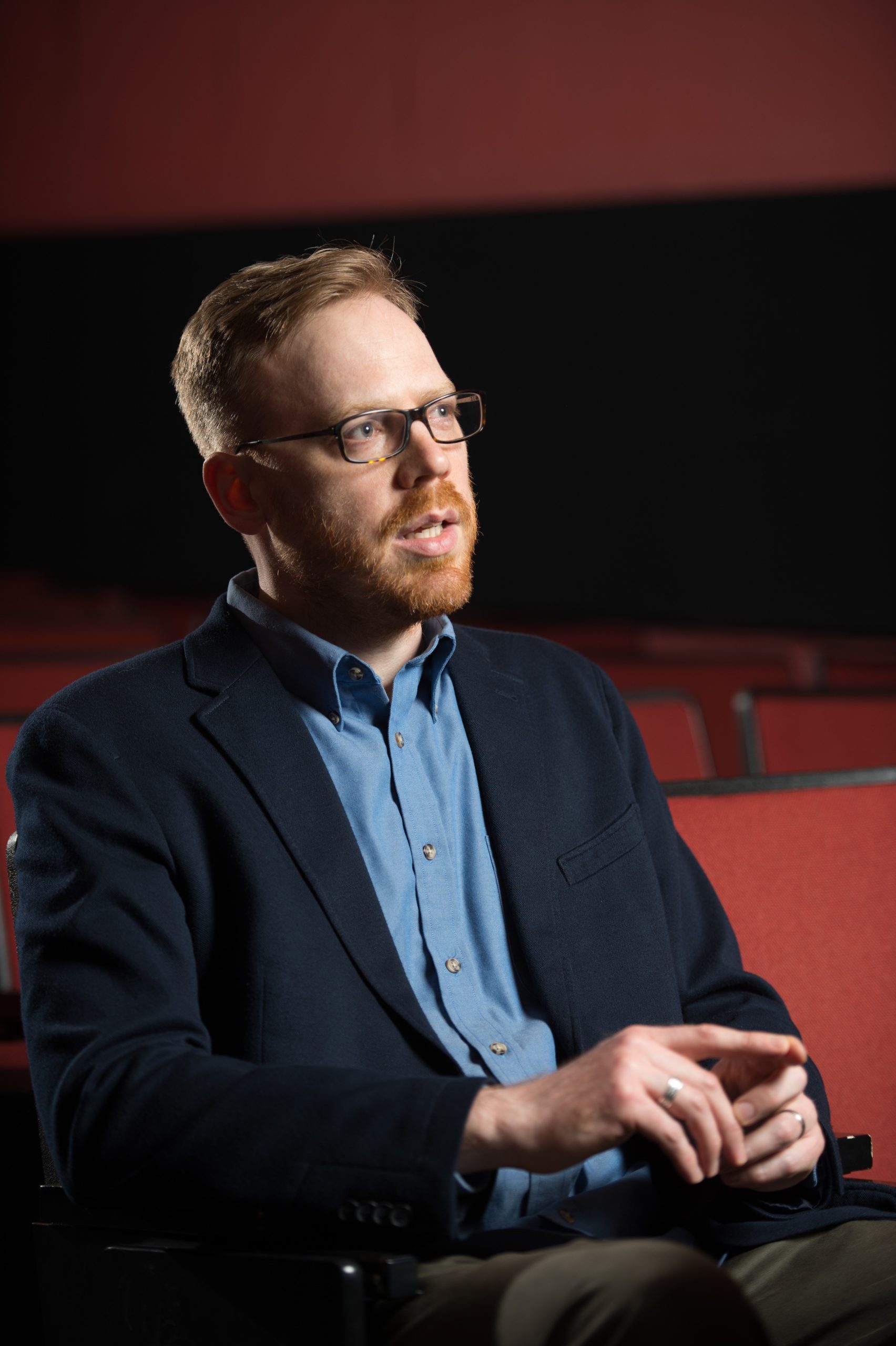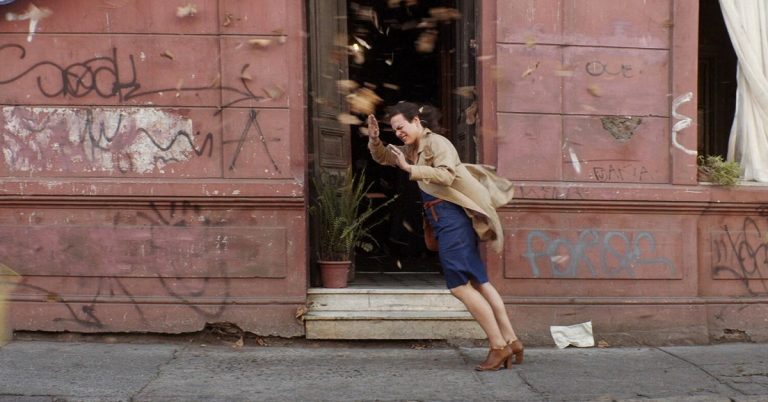
By David Martin-Jones
At the heart of “Film-Philosophy and a World of Cinemas” is discussion of a contentious and at times heated debate between Hamid Dabashi and Walter Mignolo on the one hand, and Slavoj Žižek on the other. The fiery nature of the spat between these intellectual heavyweights illustrates the vital importance of what is at stake in the piece, namely, the question of how we understand our globalized world. How do we, how can we, find a perspective from which to engage with the world that does not prejudice that engagement? Cinema, I argue, is in a unique position to help us answer this question. A world of cinemas, in fact, offers us a way to traverse the contested terrain over which some of the most famous philosophers of the world are at loggerheads. But to find the way, we must also engage with a world of philosophies. All ideas, and all cinemas, must be equal.
This conundrum, the possibility of reshaping the world (for many, including myself, the hunt for a perhaps impossible escape from Eurocentrism), is one which engages people all around the world. Since its publication two weeks ago the article has attracted modest attention online, for instance with a steady build up to 100 views on Academia.edu. This is nothing spectacular, of course. Some articles receive thousands of hits within minutes. What is interesting, however, is where it is being accessed from. Just in order of appearance in the feed, it has peaked interest in Tunisia, Germany, Lebanon, Albania, Australia, Venezuela, Netherlands, Sweden, Canada, Colombia, USA, Turkey, Brazil, Italy, Portugal, Bangladesh, Hong Kong, Spain, India, Ireland, UK, Greece, Switzerland, Georgia, Romania, Nigeria, Republic of Korea, France, Poland, Denmark, Israel, and so on. 
What all these viewers will find in the piece is an attempt to explore a world of cinemas, and a world of philosophies, without privileging any one centre. The aim of so doing is to discover a fresh perspective from which to view the world anew, in the hope that we might be able to better understand each other. Can it be done? I don’t know. But with global environmental and economic crises ever increasing, it seems extremely important that we try to find out.
Film-philosophy is an exciting young interdisciplinary area, engaged in the invigorating, messy and difficult task of having an idea. Not just having an idea, in fact, but of constructing an argument to persuade people of the importance of an idea. In an era where universities are bombarded from all sides with demands for metrics and financial accountability (with the double whammy of the removal of state support for the arts and humanities in some place, the abandonment of whole disciplines in others), the empirical turn is driving many scholars towards the archive for “proof” of their findings. Yet the qualitative methodologies which have advanced the arts and humanities in the past should not be maligned or abandoned so soon. Having an idea is still important. Interpreting a film is still important. These activities help us understand who we are in the world, and how we exist in relation to others. Thus, at the intersection of a world of cinemas and a world of philosophies, this special issue dedicates itself to generating new ideas of how we might look at our world differently. In doing so, we are imagining how it might look differently to us, if we could but think differently.
I hope it sparks an idea for you too.
Read David’s article ‘Film-Philosophy and a World of Cinemas‘ online now.
Film-Philosophy is a fully Open Access journal dedicated to the engagement between film and philosophy. Articles from Volume 20.1 are now available online
David Martin-Jones is Professor of Film Studies, University of Glasgow, UK. His specialism is film-philosophy, and his research engages with world cinemas. He is the author of several books, including most recently Deleuze and World Cinemas (2011) (which was shortlisted for the BAFTSS Annual Book Award), and the editor of various anthologies and special editions of journals, along with the Bloomsbury monograph series Thinking Cinema and the online research resource deleuzecinema.com.





